Americans with a Shared Future Meet at the Stamp Act Congress
The Stamp Act Congress was held in New York in 1765 in response to the Stamp Act, a piece of legislation passed by Parliament. The Act itself and the events that transpired because of it would prove to be hugely impactful on the destiny of America.
The French and Indian War which ended in 1763 had almost doubled England’s national debt. Additionally, the war had enlarged the size of the British army and its officer corps, many of whom had friends in Parliament. Discharging these extra soldiers from the service was not politically acceptable, so England sent them to North America.
To feed this army and to restore its treasury, British leaders cast their eyes on the North American colonies as an untapped funding source. Parliament decided to impose a direct tax on the colonists for the first time with the Stamp Act which they passed on March 22, 1765.
This Act placed a tax on virtually all printed materials in British America, including legal documents, playing cards, newspapers, magazines, and more.
The problem was that the colonies all had charters that granted local legislative assemblies the right to determine direct taxation policies. Since colonists did not have representatives in Parliament and the English Constitution clearly stated that only those represented could be taxed, the measure was unconstitutional.
This fact was very troublesome to many colonial leaders such as Samuel Adams and James Otis of Massachusetts. Adams was a relatively poor tax collector while Otis was a prominent attorney and a member of the Massachusetts Assembly, both living in Boston.
Together they made a formidable team. Adams was the brains and energy of the American effort to resist the tax and Otis was a brilliant orator with the platform from which to speak (the Assembly floor).
Adams worked to organize Committees of Correspondence in each of the colonies. These groups were essentially information networks that wrote letters and published newspaper articles to keep others informed and coordinate activities to better fight Parliament’s action. Using these tactics, Adams organized a boycott of British goods across all the colonies which crippled trade between the colonies and Great Britain.
Additionally, using Otis as a spokesman in the Assembly, Adams was able to get the Massachusetts legislature, on June 6, 1765, to call for a meeting in of all colonies to join forces. This convention, known today as the Stamp Act Congress, met in New York’s City Hall from October 7 to October 25, 1765.
While detailed records of the proceedings do not exist, we do know the delegates adopted a Declaration of Rights and Grievances. From this document, three separate letters, each with a slightly different twist, were drafted, one each for the King, the House of Lords, and the House of Commons.
The list of complaints included fourteen different items, but essentially focused on who had the right to directly tax the American colonists. According to the Declaration of Grievances, it was clear that this power rested in the colonial legislatures where the colonists were represented, not in Parliament where they were not.
All three petitions fell on deaf ears in England and were largely ignored. However, the boycott that Adams had organized caused serious financial harm to many English merchants. Their cries to Parliament to fix the issue led to a repeal of the Stamp Act on March 18, 1766.
Interestingly, to save face, on that same day, Parliament passed the Declaratory Act which stated that although they were rescinding the Stamp Act, Parliament still had the right to tax the American colonies whenever they wished.
In any event, the crisis had passed, and the Americans had won this tussle with England. More than that, colonial leaders had learned the tactics of how to organize the thirteen disparate colonies into a unified force. These methods would bear fruit in the years to come.
But most importantly, they saw, much to their surprise, that the various colonies had more in common than originally supposed. The critical seed was planted that they were Americans, not simply Englishmen living in America.
WHY IT MATTERS
So why should the Stamp Act Congress matter to us today? This meeting was the first time our thirteen original colonies joined together to resist the British Empire. From this experience, our founders learned how to coordinate their efforts and effectively push back against the greatest power in the world.
More importantly, it brought together some of our early leaders for the first time and gave them a chance to get to know each other. Many began to contemplate Sam Adams’ view that they were Americans with a shared future, instead of Englishmen forever bound to the Mother Country.
When relations with Britain worsened in the 1770s, the leap to a complete separation from England was not as difficult to imagine. That makes the Stamp Act Congress an essential part of our nation’s past.
SUGGESTED READING
The Stamp Act Crisis: Prologue to Revolution by Edmund and Helen Morgan is the definitive account of this important moment in America’s history. Originally published in 1954 but available online, it describes the main characters and key events in great detail.
PLACES TO VISIT
Federal Hall National Memorial in New York City is a beautiful building and a great place to visit. It is on the same site where the Stamp Act Congress was held, but the building is not the original one. The current structure, built in 1842, commemorates the historic events that happened in the original building including the Stamp Act Congress, President Washington’s Inauguration, and the first United States Congress.
Until next time, may your motto be “Ducit Amor Patriae,” Love of country leads me.

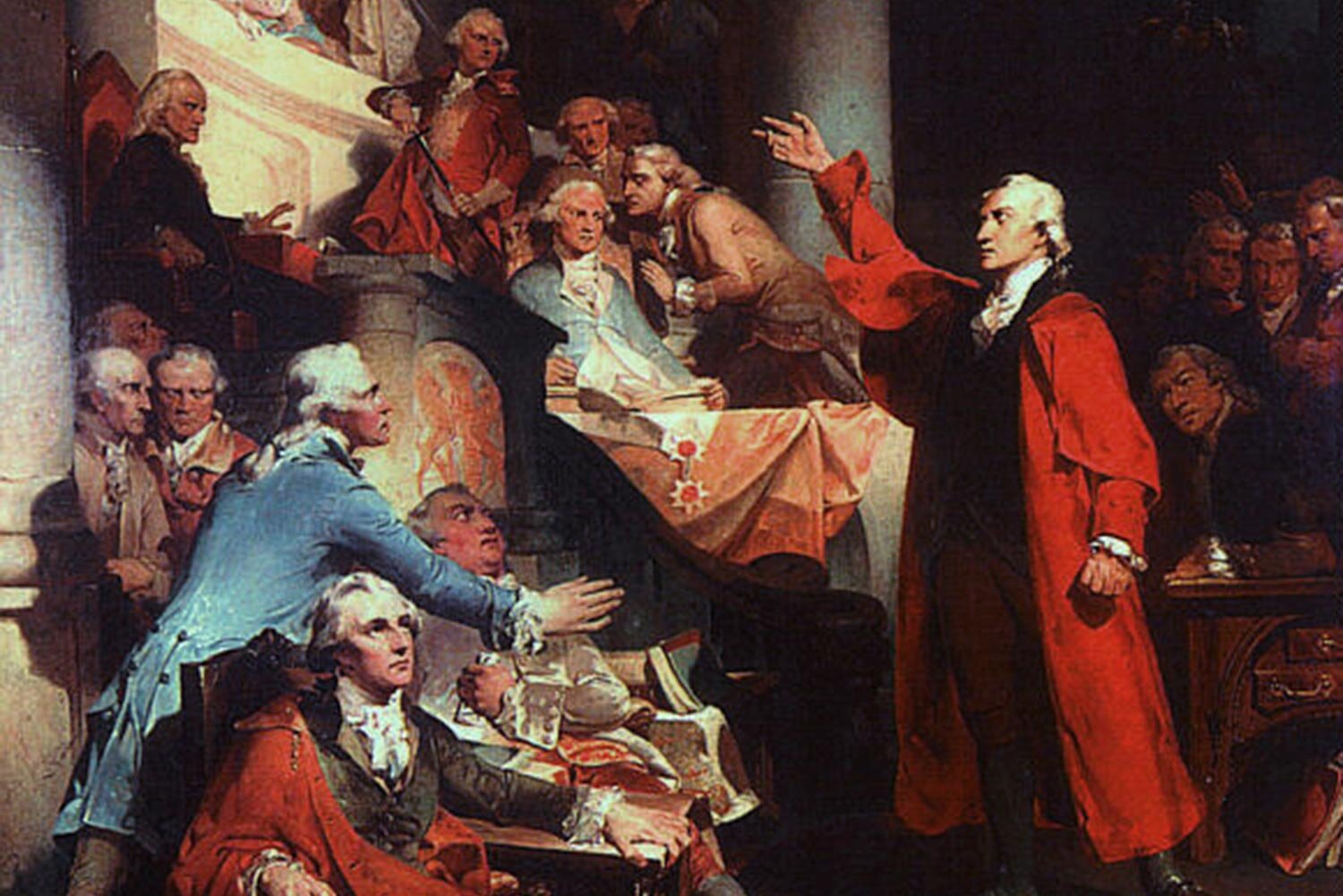
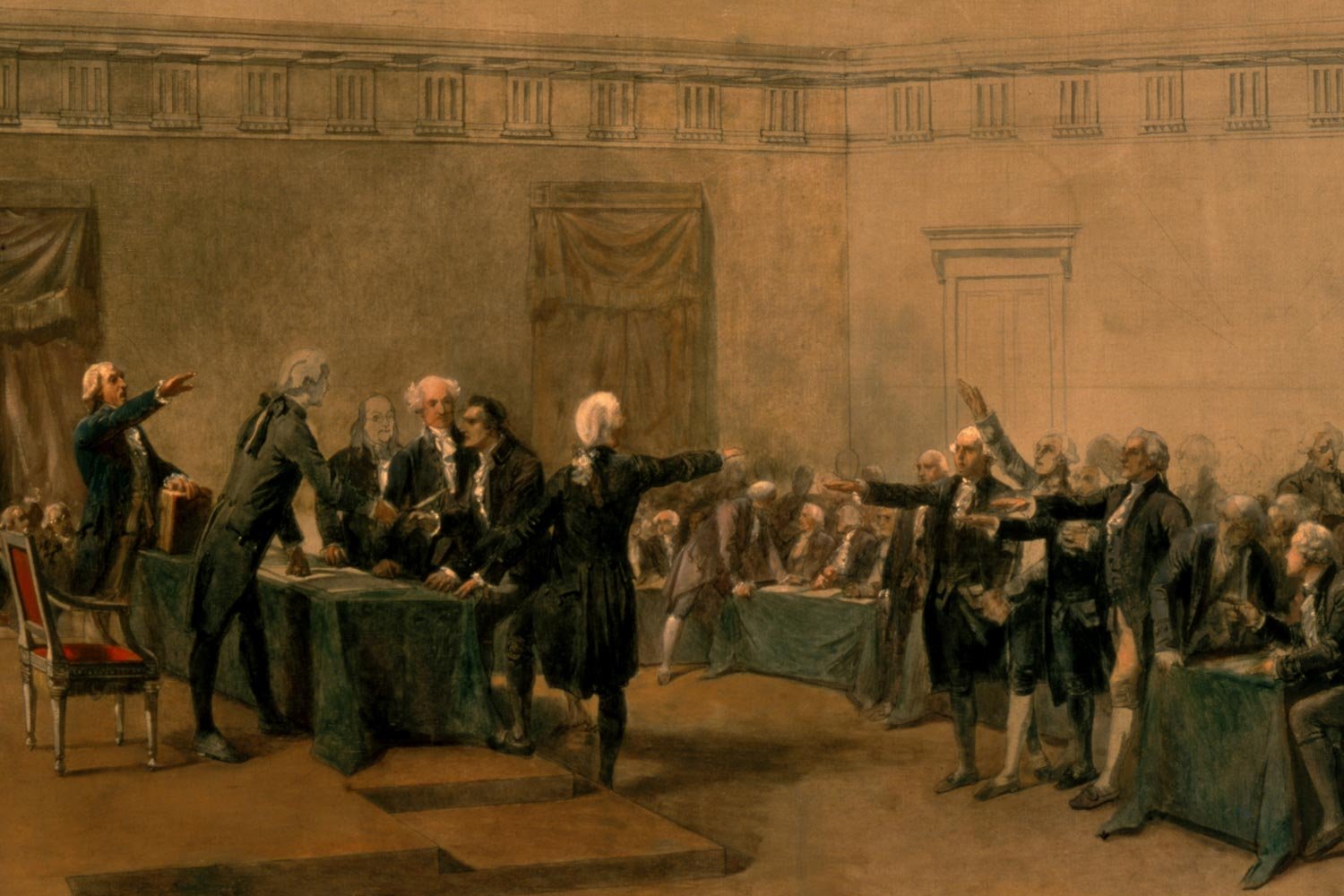
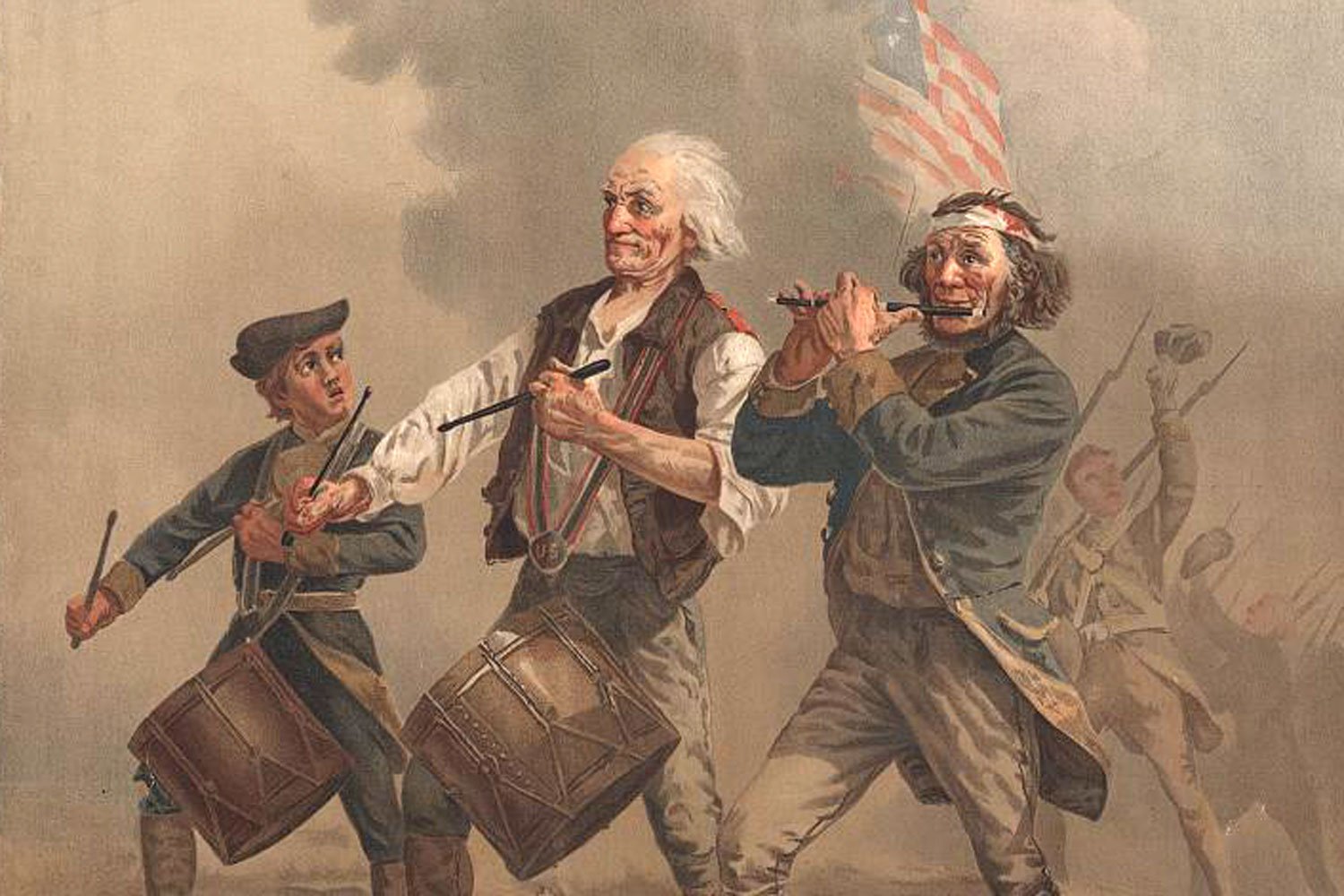
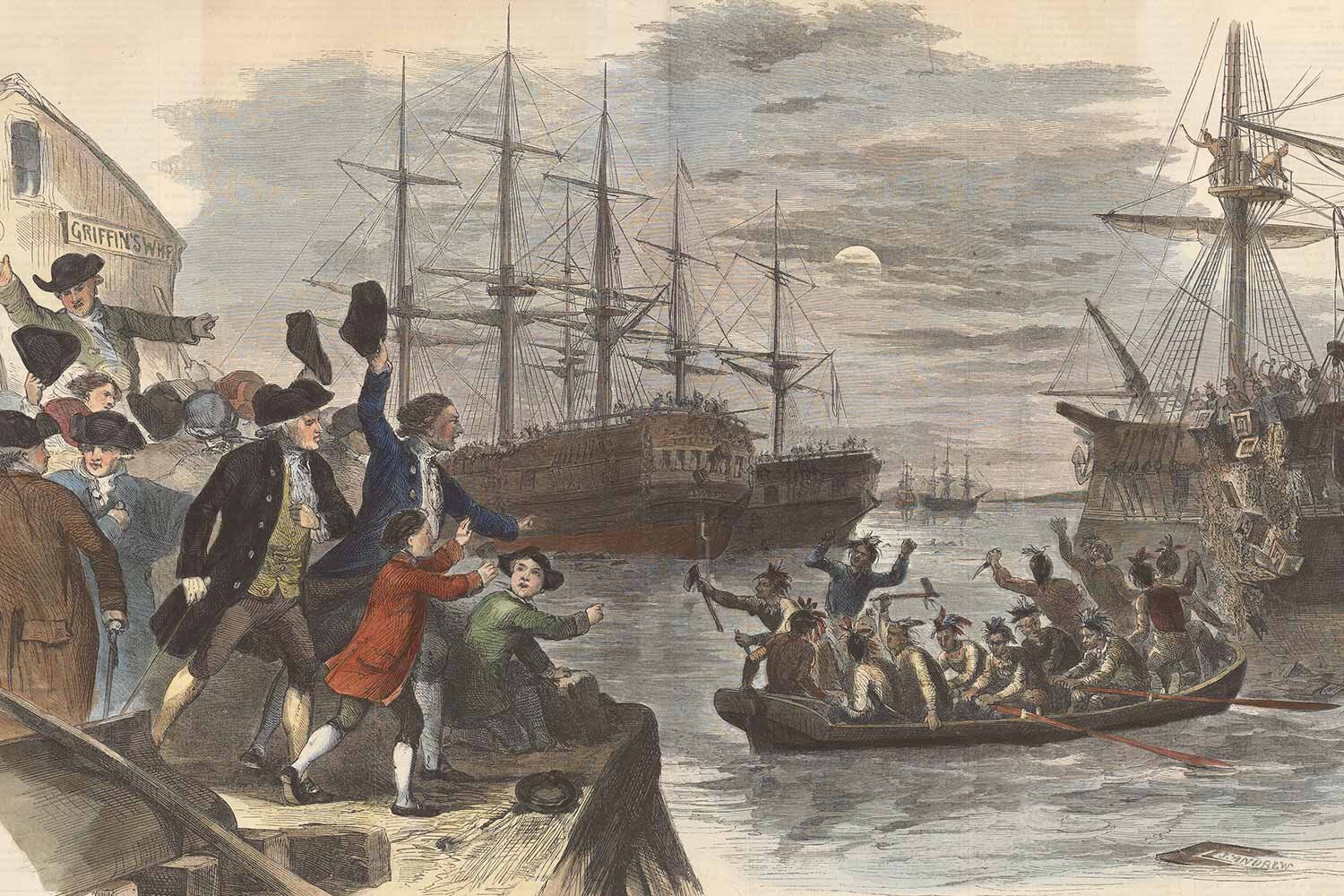
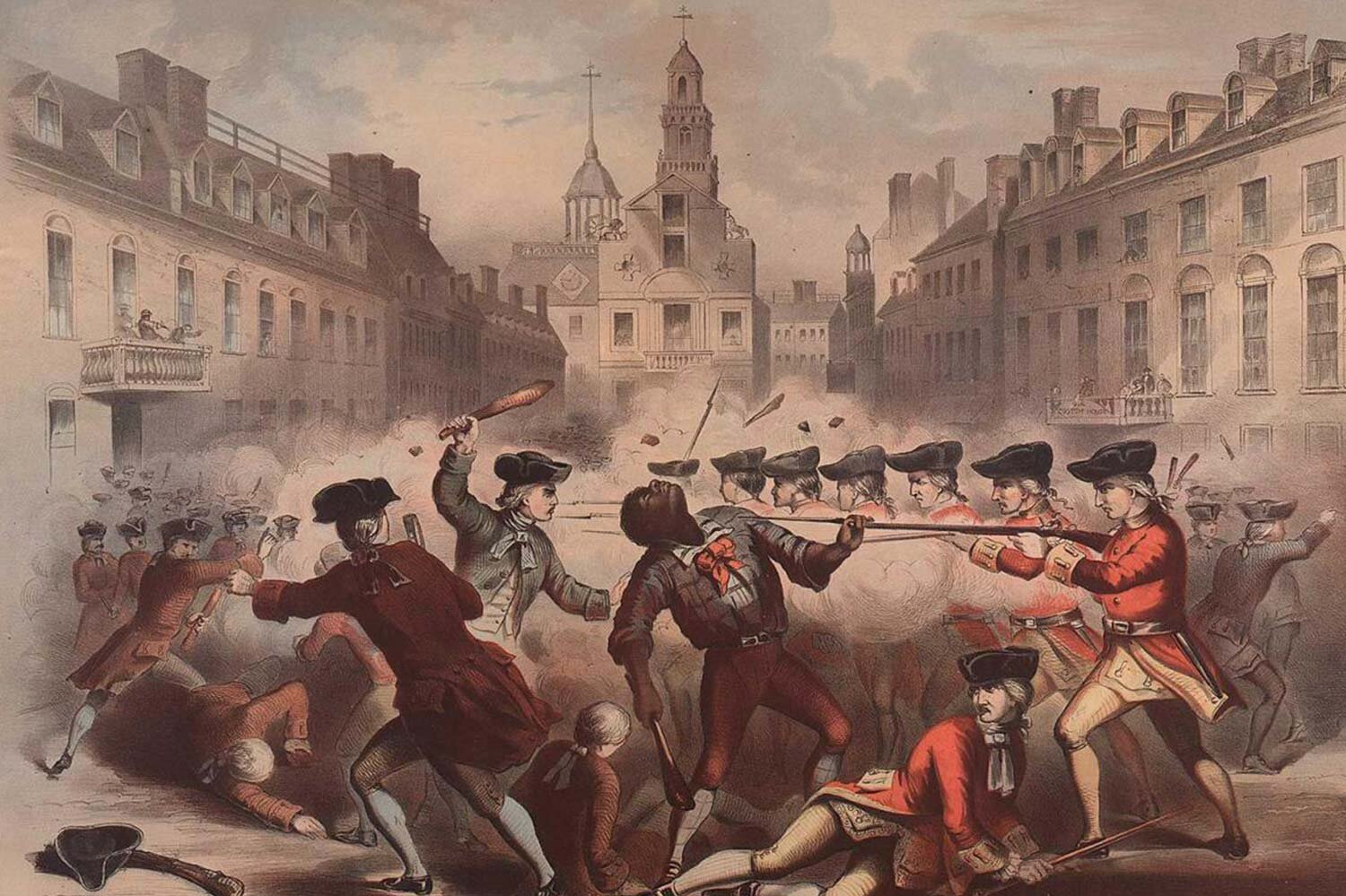
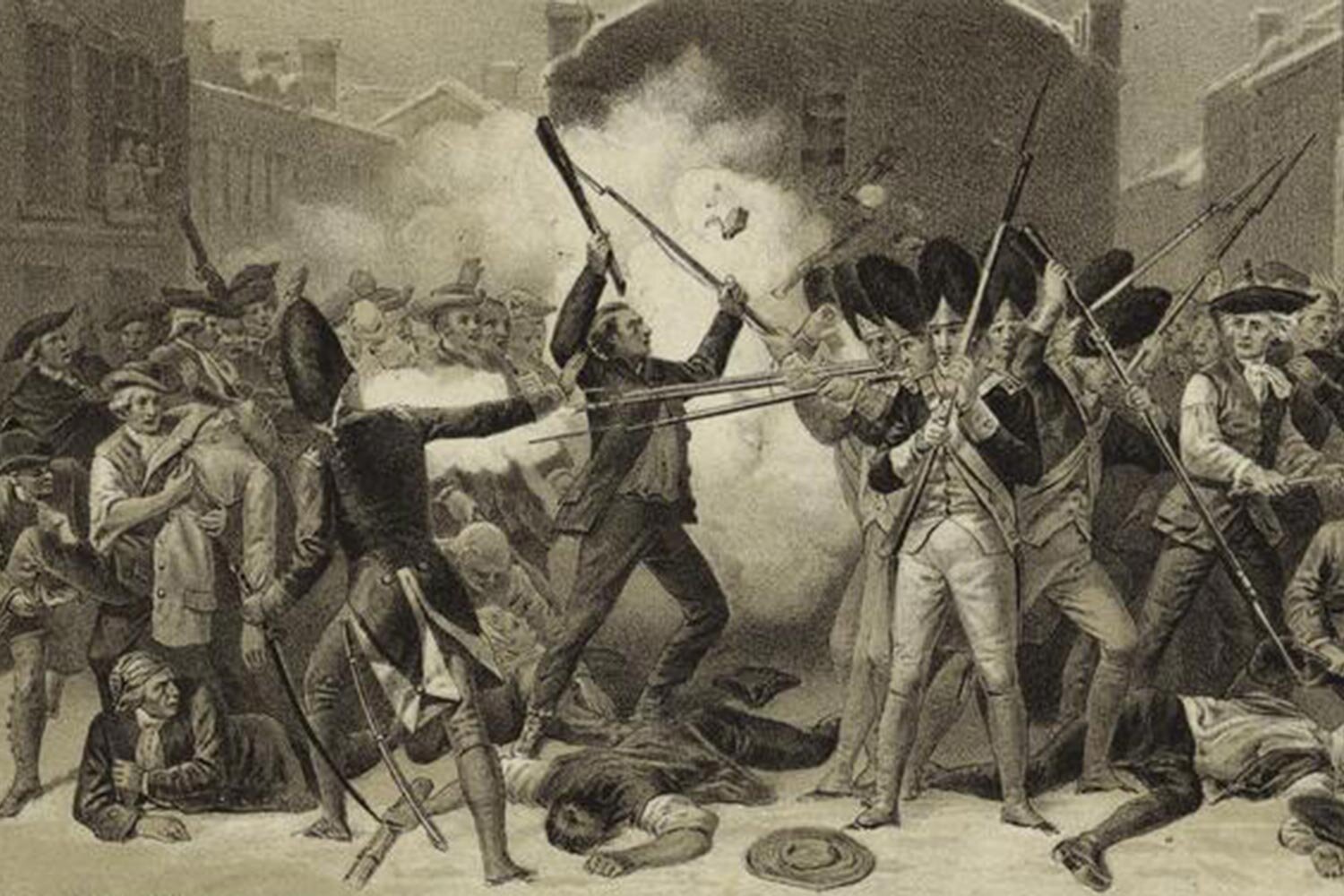
Partly due to Benjamin Franklin’s testimony before the House of Commons, the Stamp Act, which taxed items such as newspapers and legal documents, was repealed by Parliament on March 18, 1766. Unfortunately, this conciliatory measure was immediately undone when Parliament enacted the Declaratory Act which reasserted that all laws passed by that legislative body were binding on the colonies, including those related to taxes.